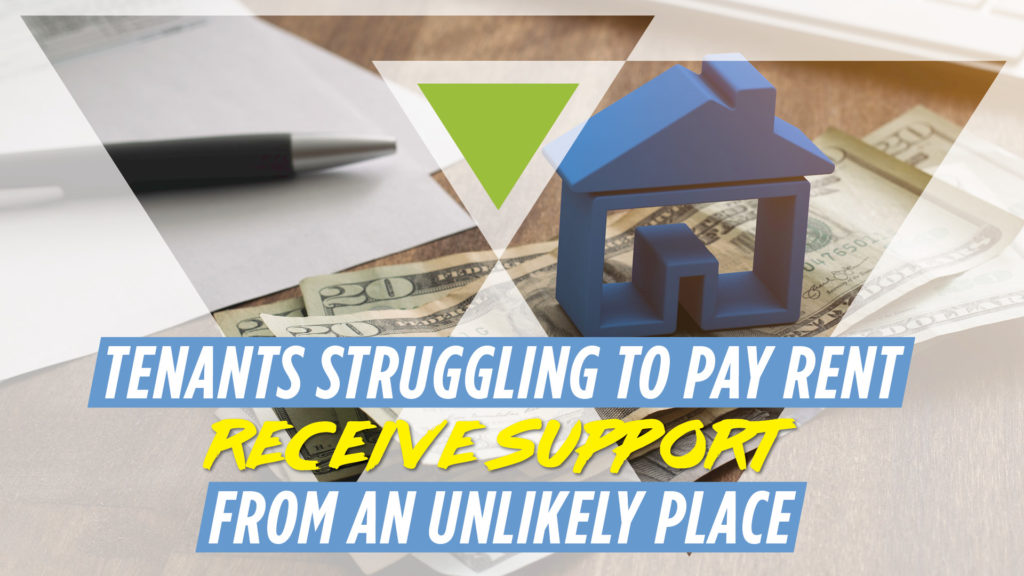In 2019, the government ordered a stay-at-home initiative for Covid-19, leaving homeowners and tenants with a heavy burden on their shoulders as a majority of them struggled to come up with mortgage and rent payments while not working. Since then, there have been many efforts to help people who can’t afford to stay in their homes, and some of the help has come from an unlikely place — the landlords themselves.
According to the National Multifamily Housing Council (NMHC), the apartment industry has been committed to supporting residents who have been impacted by the stay-at-home order and lost income in the process. One of the statements released by the council at the beginning of the pandemic expressed empathy to those who had been impacted. . “By working together — apartment residents, owners and operators, and lawmakers at all levels of government — we can develop solutions to the evolving challenges and keep Americans housed.” The NMHC encouraged apartment complexes to adopt specific principles to help assist hurting tenants.
With the pending expiration of the federal eviction moratorium and slow delivery of rental assistance to landlords and tenants, it has shown that there are lessons to be learned in regard to housing. But thankfully, the NMHC indicated that with the distribution of nearly $47 billion in rental assistance, the rental market is stable enough for the moratorium to end.
This Is Good News For Tenants!
With the NMHC leading the way, landlords and property owners have been encouraged to help their tenants out the same way that apartment owners did at the onset of the pandemic. The Consumer Financial Protection Bureau (CFPB) released a new tool that helps landlords and tenants locate and apply for rental assistance. Just like apartment complexes, landlords can offer other solutions like payment plans, deferments, and extended or flexible lease periods for residents who fell behind in rent payments during the pandemic.
To further support their tenants, and show that they care for them during this tumultuous period, landlords can provide notice of at least 30 days to residents before filing an eviction. If they want to really make an impact, the CFPB recommends working with jurisdictions to break down artificial barriers to rental assistance benefits. These barriers can stand in the way of residents receiving the help they need, and some of these artificial barriers might look something like requiring onerous documentation or other such rigorous requirements.
Homeowners who want to provide even more support can also identify governmental and community resources to broadly help residents secure food, financial assistance, and healthcare and share that information with residents. It goes a long way for landlords to communicate to residents that they are a partner helping them retain their housing. It’s actions like these that unite people in their community and show compassion for others while supporting the idea that everyone deserves housing no matter the circumstances.
More Real Estate News!
Why are major job centers no longer popular with homebuyers? Find out here!


